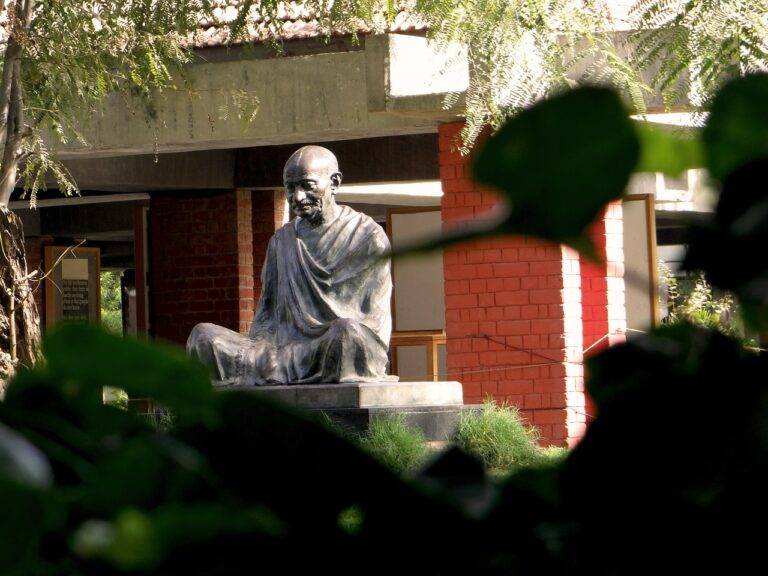The Impact of Social Issues on Election Campaigns: Cricbet99.com sign up, Sky1exchanges login, Cricket bet99
cricbet99.com sign up, Sky1exchanges Login, cricket bet99: Political campaigns are a crucial part of the democratic process, allowing candidates to reach out to voters and communicate their platform and ideas. However, running a successful campaign requires careful planning and budgeting. In this article, we will discuss some best practices for political campaign budgeting that can help candidates make the most of their resources and run a successful campaign.
1. Start with a Plan
Before you can create a budget for your political campaign, you need to have a solid plan in place. This plan should outline your campaign goals, target audience, messaging strategy, and key activities. By having a clear plan, you can better estimate the costs associated with each aspect of your campaign and allocate your resources more effectively.
2. Set Realistic Goals
When creating a budget for your political campaign, it’s important to set realistic goals. Consider factors such as the size of your constituency, the level of support you already have, and the political landscape. By setting achievable goals, you can avoid overspending and ensure that your resources are used efficiently.
3. Identify Key Expenses
One of the first steps in creating a budget for your political campaign is to identify your key expenses. This may include costs such as advertising, marketing materials, staff salaries, travel expenses, and event costs. By identifying these key expenses early on, you can create a more accurate budget and avoid unexpected costs down the line.
4. Prioritize Spending
Not all aspects of your political campaign will require the same level of investment. It’s important to prioritize your spending based on what will have the most impact on your campaign goals. For example, investing in targeted advertising or hiring experienced campaign staff may be more beneficial than spending on unnecessary expenses.
5. Keep Track of Spending
Once you have a budget in place, it’s important to keep track of your spending to ensure that you stay within your budgetary limits. Use a financial tracking system to monitor your expenses and adjust your budget as needed. By staying on top of your spending, you can avoid overspending and make the most of your resources.
6. Seek Donations and Fundraising Opportunities
Political campaigns can be costly, and most candidates rely on donations and fundraising to finance their campaigns. Be proactive in seeking donations from supporters, hosting fundraising events, and exploring other fundraising opportunities. By diversifying your sources of funding, you can reduce the financial burden on your campaign budget.
7. Consider In-Kind Donations
In addition to monetary donations, consider seeking in-kind donations from supporters. In-kind donations can include goods or services that can help offset some of your campaign expenses. For example, a supporter may offer to provide graphic design services for your campaign materials or donate office space for your campaign headquarters.
8. Invest in Technology
Technology can play a crucial role in modern political campaigns, helping candidates reach out to voters, track campaign metrics, and engage with supporters. Consider investing in software tools, social media advertising, and other technology solutions that can help streamline your campaign operations and reach a wider audience.
9. Leverage Social Media
Social media platforms offer a cost-effective way to reach out to voters and build support for your campaign. Create a social media strategy that includes regular updates, engaging content, and targeted advertising. By leveraging social media effectively, you can amplify your message and connect with voters on a more personal level.
10. Monitor and Evaluate Your Campaign
Throughout your campaign, it’s important to monitor and evaluate your progress to ensure that you are on track to meet your goals. Use metrics such as fundraising numbers, social media engagement, and polling data to assess the effectiveness of your campaign strategies. By analyzing this data, you can make informed decisions and adjust your budget as needed.
In conclusion, effective budgeting is essential for running a successful political campaign. By following these best practices, candidates can make the most of their resources, reach out to voters effectively, and increase their chances of winning election. Remember to start with a solid plan, set realistic goals, prioritize spending, monitor your expenses, seek donations and fundraising opportunities, invest in technology, leverage social media, and monitor and evaluate your campaign at every stage.
**FAQs**
Q: How can I create a budget for my political campaign?
A: Start by outlining your campaign goals and identifying key expenses. Prioritize your spending and seek donations and fundraising opportunities to finance your campaign.
Q: What should I consider when setting goals for my political campaign?
A: Factors such as the size of your constituency, level of support, and political landscape are important considerations when setting goals for your campaign.
Q: Why is it important to monitor my campaign progress?
A: Monitoring your campaign progress allows you to assess the effectiveness of your strategies and make informed decisions to adjust your budget as needed.







